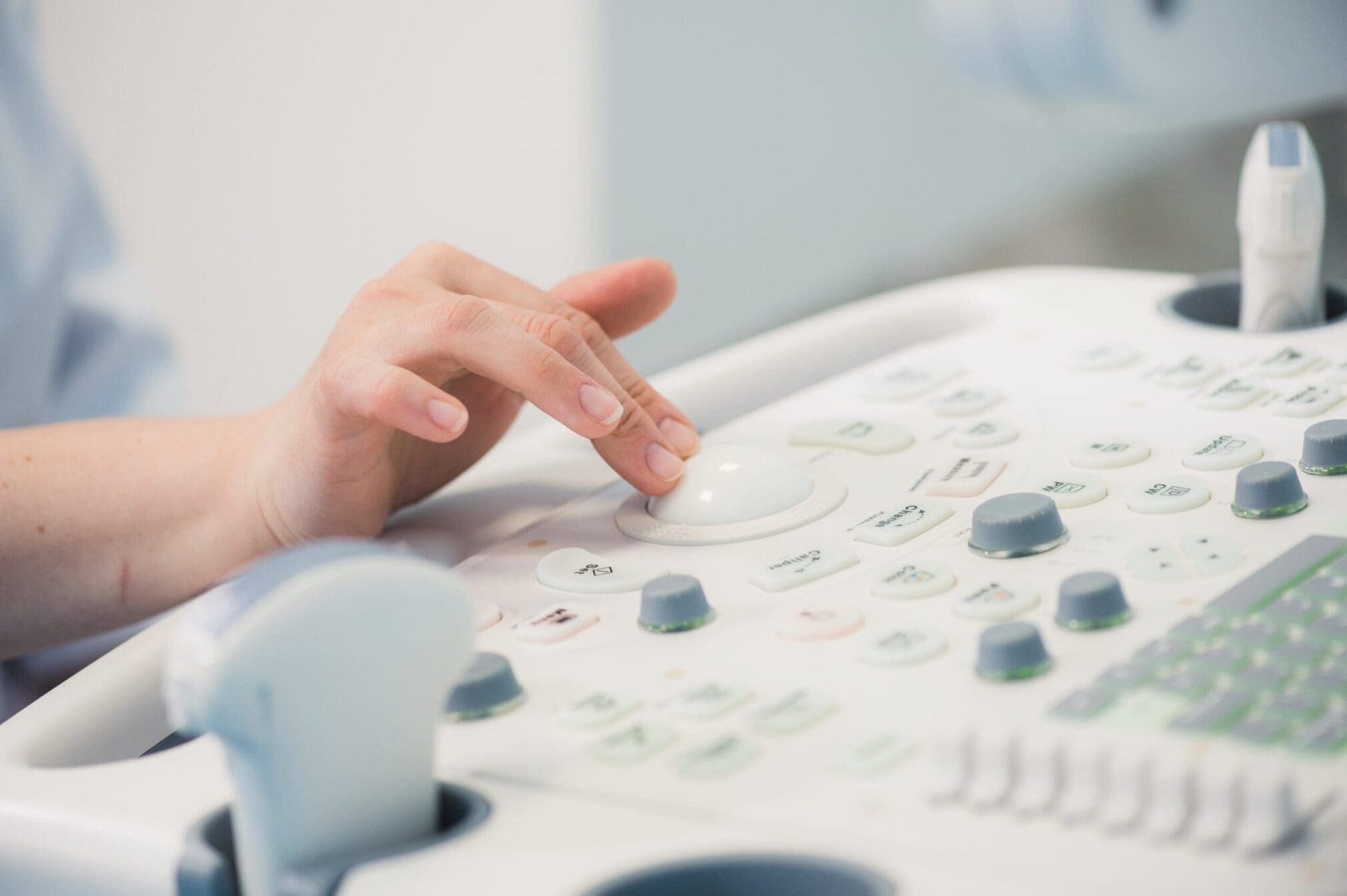Rapid antigen tests are widely used in the European Union and are becoming a common tool to strengthen a country’s testing capacity. Even if RT-PCR tests remain the main tests to detect COVID-19, antigen tests are an essential way to control and suppress the spread of the virus.
Background
Already in September 2020, the Health Security Committee (HSC) agreed on Recommendations to develop a common COVID-19 testing strategy in the European Union. In January 2021, Member States agreed on setting a common framework for the use of rapid antigen tests within the European Union. Specifically, the Council Recommendation foresaw three outputs:
- mutual recognition of COVID-19 test results;
- publication of a common list of COVID-19 rapid antigen tests (excluding self-tests);
- common dataset to include in COVID-19 test result certificates.
Common list of rapid antigen tests
Member States continuously review and update the EU Common list. Indeed, some tests might no longer be effective considering new mutations of the virus, while some new tests might be added to the list. Whenever the EU includes a new test or removes an existing one, a grace period of four weeks applies. Substantially, the tests in this list can be used for issuing EU Digital COVID test and recovery certificates.
Since May 2021, manufacturers of COVID-19 antigen tests can submit data and information that, according to them, should be included in the Common List. After countries and manufacturers submit information concerning rapid antigen tests, the HSC Technical Working Group on COVID-19 Diagnostic Test reviews the information. Eventually, the Working Group proposes them to the HSC for potential updates of the list. The Working Group consists of technical experts from the EU and EEA Member States.
Main updates of the List
As the situation concerning the pandemic changes rapidly, the Common List is subject to many updates. Some of the most relevant updates include amendments on validation studies, the use of different sampling materials, and performance evaluation through prospective clinical field studies.
In September 2021, the Working Group agreed on further definitions, scope, considerations, and criteria to use in validation studies that assess the performance of such tests. In light of this update, the new specifications will apply as of June 1, 2022.
In November 2021, the Working Group agreed that the Common List can include rapid antigen tests using a mix of different sampling materials. Nonetheless, test certificates can be issued only with test results based on nasal, oropharyngeal, and/or nasopharyngeal specimens. When used solely, the Common List can only include tests using nasal, oropharyngeal, and/or nasopharyngeal specimens.
In March 2022, the Health Security Committee expresses its position on the preference of prospective clinical field studies to evaluate rapid antigen tests. In this matter, the List will present two categories from June 1, 2022: antigen tests evaluated through prospective studies (Category A), and antigen tests evaluated through retrospective studies (Category B). However, EU Digital COVID test and recovery certificates can be issued with both types of tests.
How can I sell COVID-19 antigen tests in the European Union?
COVID-19 antigen tests are In Vitro Diagnostic medical devices (IVDs) ‘’all others’’ – if not for self-testing. IVDs ‘’All Others’’ can be self-certified without involving a Notified Body, however, the devices shall be notified to the Competent Authority until May 26, 2022, when the new Regulation starts applying. Under the new regulatory framework, they will be up-classified to the highest class D. Due to this change, they will benefit from the grace period. Once the grace period ends, they will need to be assessed by a Notified Body. Preferably, the performance of the tests should be evaluated through a prospective clinical field study. This means that, in their evaluation, unselected symptomatic and asymptomatic participants are tested for SARS-CoV-2 infection. In this way, the antigen test can be included in Category A of the List, the preferred category. Nevertheless, manufacturers can also evaluate their tests based on retrospective in vitro studies, using SARS-CoV-2 reference panels. In this case, the test will be included in Category B of the EU List. More information about the requirements of the EU Common European List can be found here.
Additionally, if you are a non-EU manufacturer, you must appoint a European Authorised Representative (EAR) in order to place IVDs on the European Market.
Update from January 2023! As of January 1, 2023, a grace period of seven weeks will apply whenever updates are made to Annex I.
Are you a manufacturer of IVDs and would like to approach the EU market? Contact us now!
Simona Varrella
Expert Consultant, Publications Department
26/04/2022
References:
European Commission. (2022). EU health preparedness: A common list of COVID-19 rapid antigen tests; A common standardised set of data to be included in COVID-19 test result certificates; and A common list of COVID-19 laboratory based antigenic assays. Retrieved on 26/04/2022.


